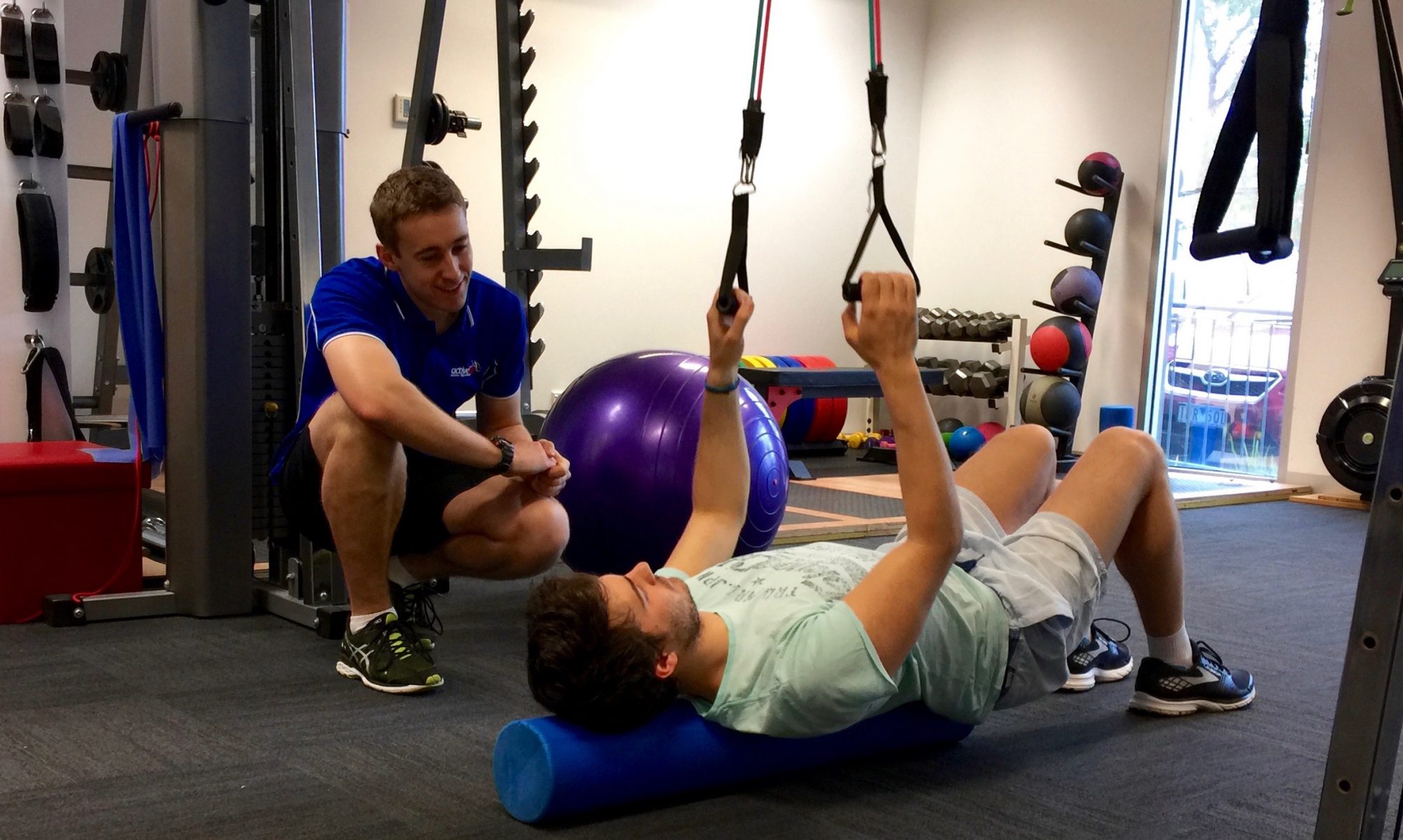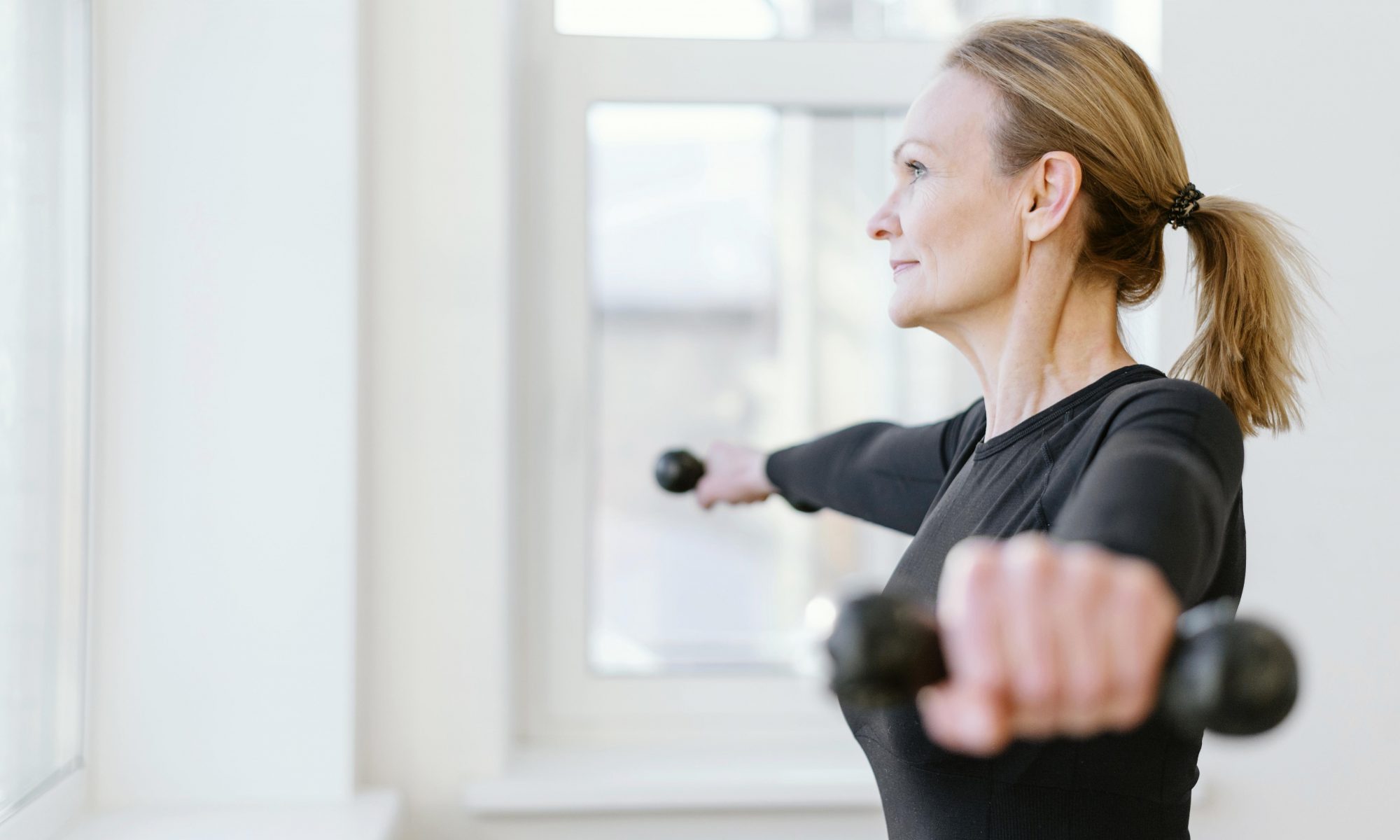Why is balance important?
Balance training is important for falls prevention. Balance is the ability to be able to distribute your weight in a way that lets you stand and move without falling, or recover if you trip.
Good balance requires the coordination of:
- The central nervous system
- Inner ear
- Vision
- Muscles, bones and joints.
However, there are some medical conditions and the physical changes occurring with aging can impair our balance. As mentioned above, there are many parts of the body that contribute to our balance, and any disruptions or changes to these systems can negatively affect our balance. Often balance is not something we think about until we get older, increasing the risk of falls and injury. Those with osteoporosis are at a higher risk of a bone fracture as a result of a fall, so balance training is important for maintaining independence.
Approximately 1 in 3 people over the age of 65 will have a fall, and can happen to anyone. Having a fall can be quite confronting and can also lead to a decrease in confidence and a fear of falling. However, practicing balance exercises as well as remaining physically active is a way that you can reduce the risk of having a fall. Regular exercise reduces the rate of falls in older adults by approximately 25%, with significant differences with exercise programs involving both balance and functional exercises reducing falls.
Some of our favourite exercises for balance training include:
- Wobbleboard
- Standing on different surfaces (soft surfaces such as foam)
- Standing on different surfaces and doing another task at the same time (standing on foam and throwing a ball)
- Single leg balance on the ground progressing to different surfaces
- Obstacle courses (the team do make some fun obstacle courses)
- Strength training! Muscle strength is important to maintain independence
- Group classes such as yoga and tai chi
Source:
Sherrington, C., Fairhall, N., Kwok, W. et al. Evidence on physical activity and falls prevention for people aged 65+ years: systematic review to inform the WHO guidelines on physical activity and sedentary behaviour. Int J Behav Nutr Phys Act 17, 144 (2020). https://doi.org/10.1186/s12966-020-01041-3
Harvard Health, n.d. Balance https://www.health.harvard.edu/topics/balance#:~:text=Balance%20is%20the%20ability%20to,of%20these%20can%20affect%20balance.
Exercise Right, n.d. Exercise for Falls Prevention https://exerciseright.com.au/exercise-for-falls-prevention/
Exercise Right, n.d. Keeping it simple; falls prevention at home https://exerciseright.com.au/keeping-simple-falls-prevention-exercises-home/


